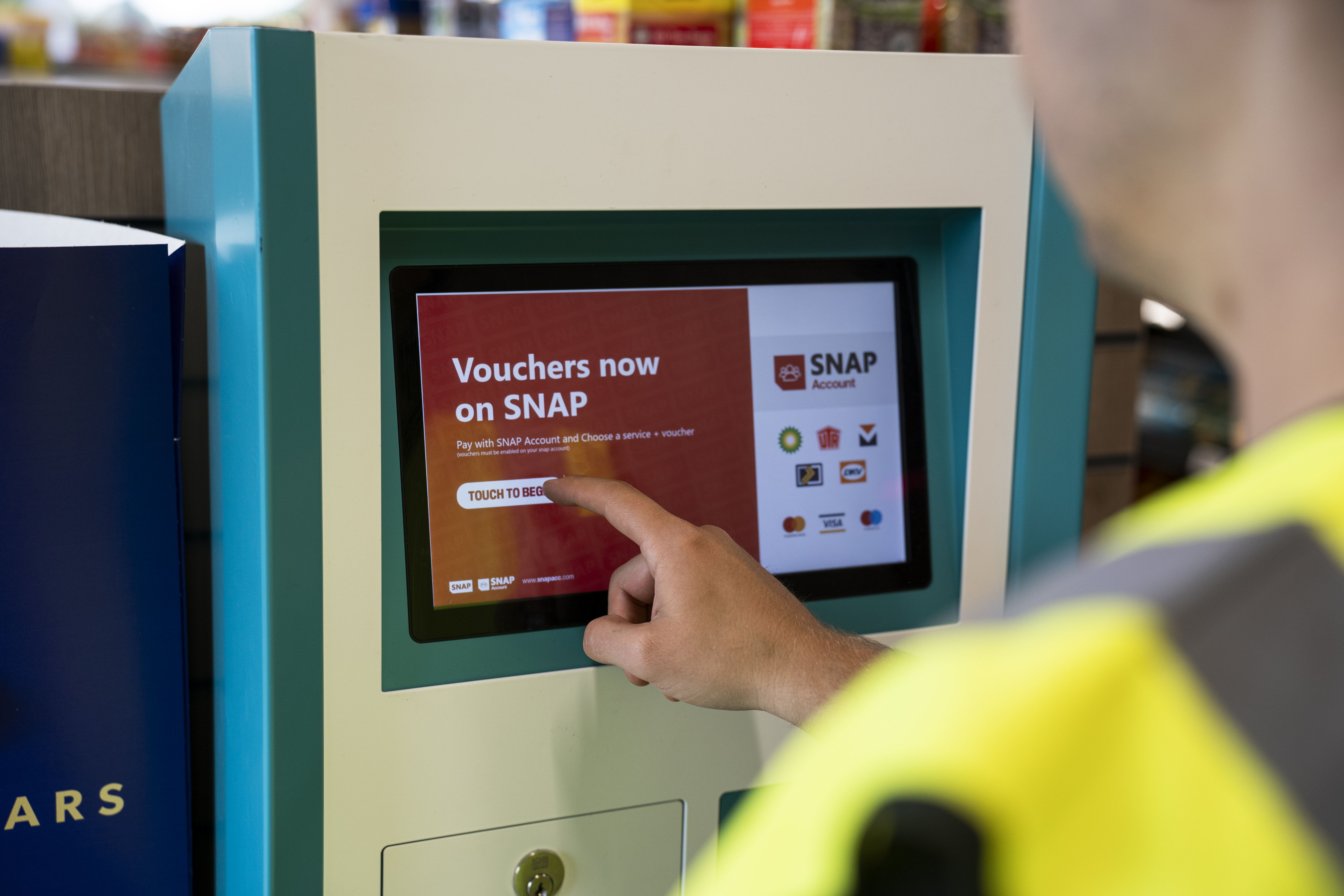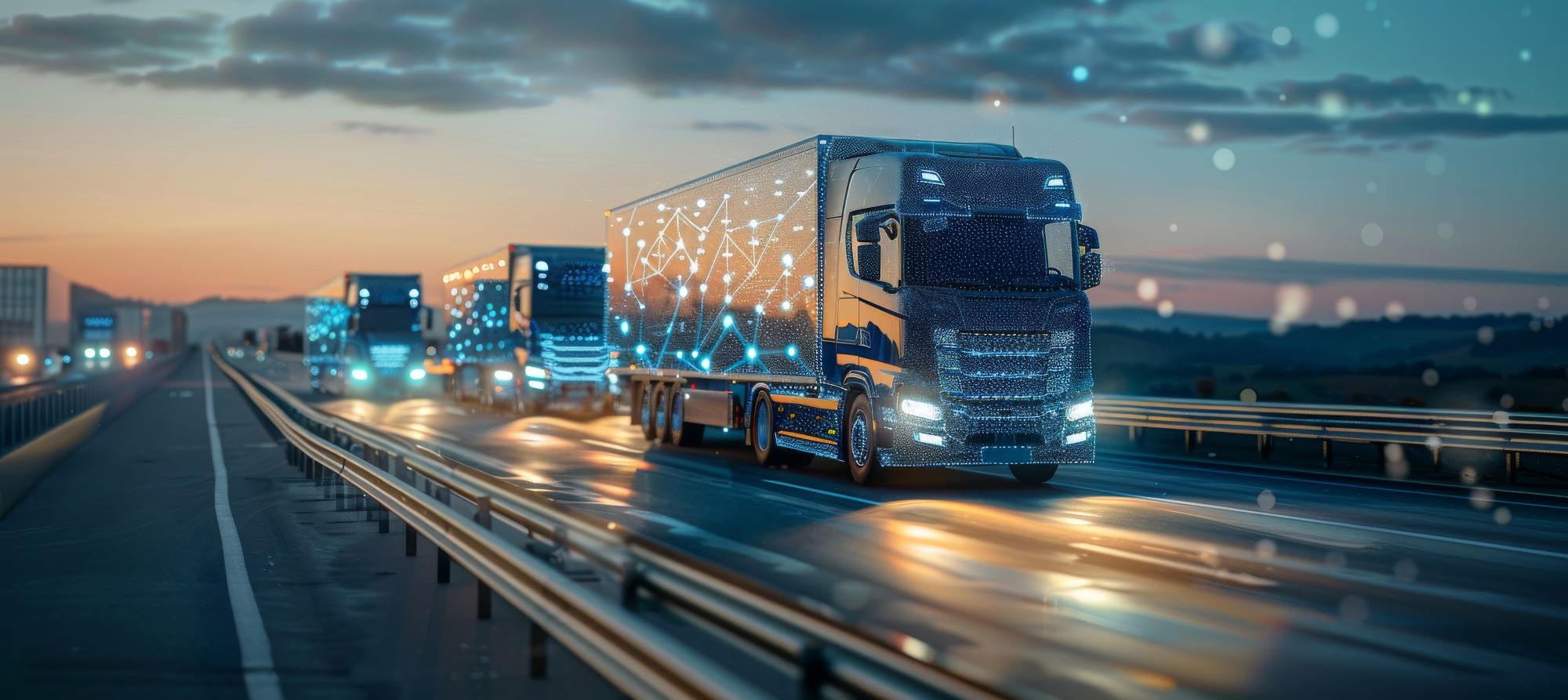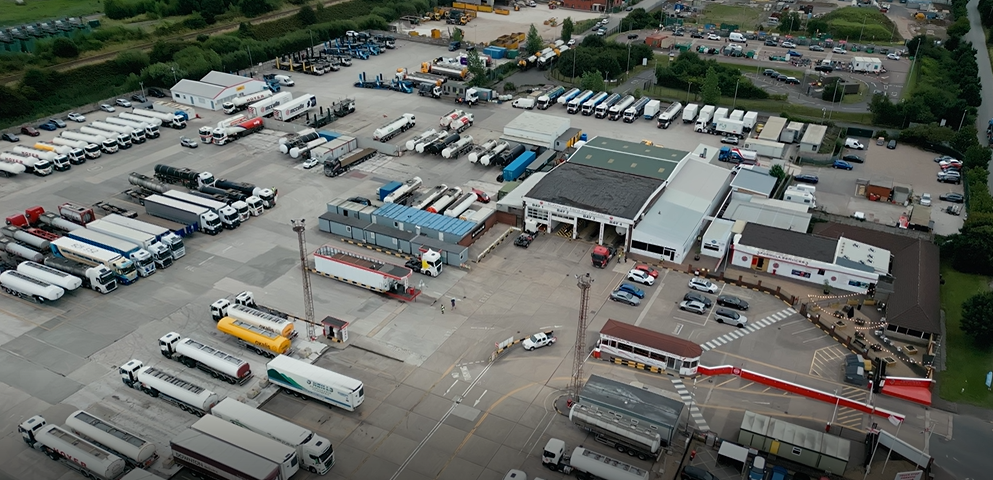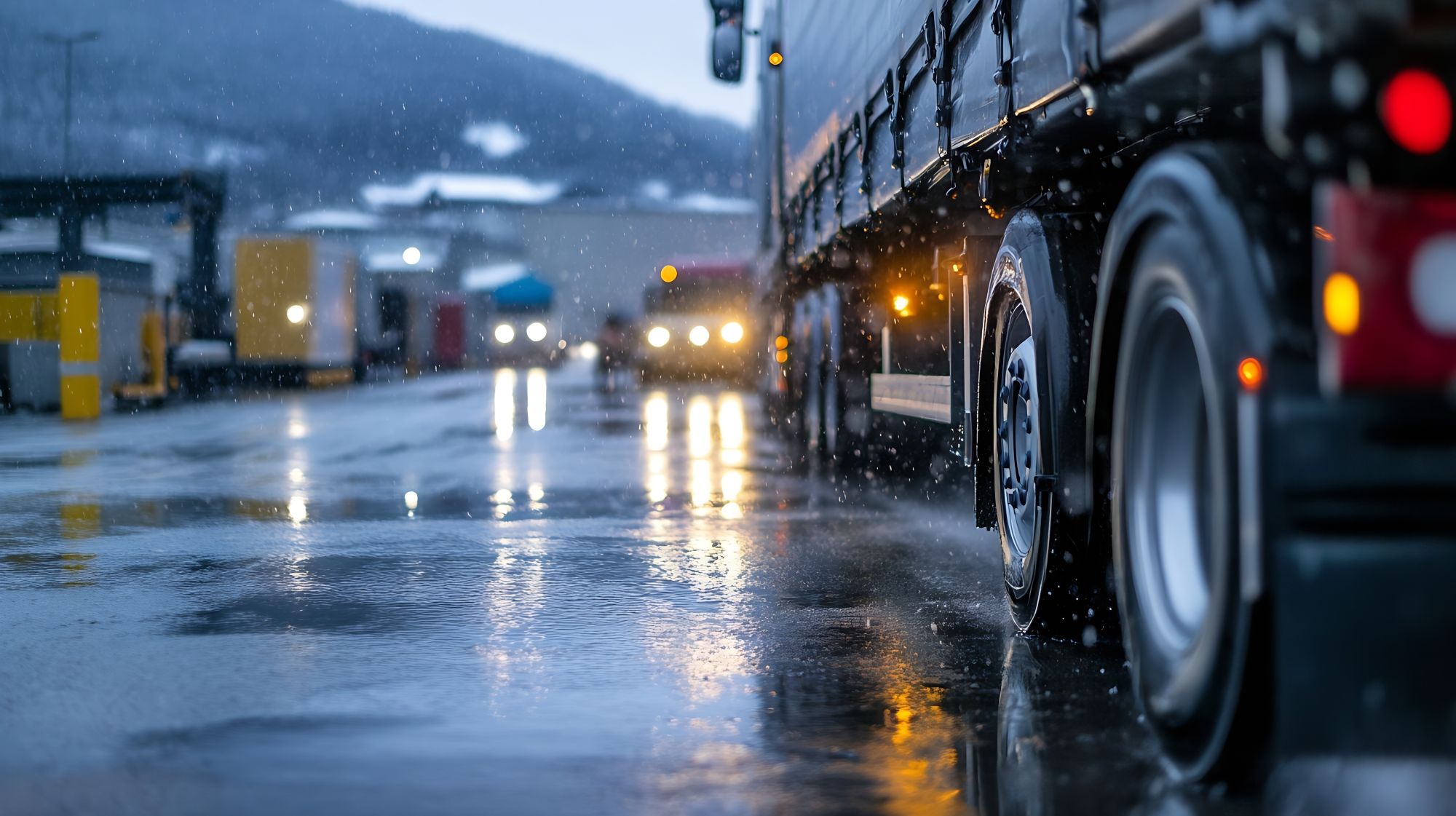
Guest
SNAP revoluciona el sector del transporte por carretera gracias a la tecnología
Creado: 22/01/2025
•
Actualizado: 29/01/2025
El sector del transporte por carretera está experimentando una revolución tecnológica, y en SNAP no dejamos de ampliar los límites de la innovación para mejorar la seguridad, la eficiencia y la comodidad de los conductores y los operadores de flotas de toda Europa, estableciendo nuevos estándares en el proceso.
¿El centro de nuestra oferta? Nuestro completo mercado digital, una plataforma integral que está redefiniendo la gestión de las operaciones. Siga leyendo para saber cómo...
Mercado digital
Hay dos elementos principales.
intruck
Convertida en una herramienta indispensable para los conductores que navegan por la vasta red de carreteras de Europa, intruck es mucho más que una simple aplicación móvil que les ayuda a encontrar su camino; es un recurso dinámico que pone el poder de la información directamente en sus manos. Además, les permite reservar con antelación plazas de aparcamiento a lo largo de sus rutas.
Portal SNAP
En cuanto a nuestra plataforma web, la innovadora herramienta permite a los gestores de flotas reservar plazas de aparcamiento para los conductores con antelación, lo que mejora notablemente la eficacia de la planificación de rutas. Al ofrecer este nivel de previsión y control, podemos ayudar a optimizar las operaciones de la flota, reducir los tiempos de inactividad y mejorar la gestión logística global.
Ampliación de redes, mejora de servicios
Nuestro compromiso de mejorar la experiencia del transporte por carretera queda patente en el rápido crecimiento de nuestra red de servicios en toda Europa. Muchos de estos emplazamientos cuentan con elementos de seguridad mejorados, lo que responde a la necesidad crítica de áreas de descanso seguras para los conductores y su valiosa carga.
Además, nuestra red va más allá del aparcamiento: hemos integrado [lavaderos de camiones] europeos (https://snapacc.com/newsroom/how-to-find-a-truck-wash-near-you/), lo que demuestra nuestro enfoque holístico para satisfacer las necesidades de los conductores en la carretera. Además, a través de nuestra empresa asociada, Certas Energy, podemos ofrecer SNAP Fuel, que da a los camioneros acceso a descuentos para repostar en sus estaciones, lo que añade otra capa de comodidad y rentabilidad.

Pagos digitales y automatización
También hemos revolucionado a través de nuestro sistema de pago digital. Al eliminar la necesidad de realizar transacciones en efectivo en el sector, no es de extrañar que se utilice cada 13 segundos en toda Europa. Además, ha mejorado la seguridad de los conductores y agilizado la gestión de gastos de los operadores de flotas.
También hay funciones que automatizan los procesos de reserva y transacción. Esto simplifica considerablemente las tareas administrativas tanto para los camioneros como para los gestores de flotas, lo que no solo ahorra tiempo, sino que también reduce la posibilidad de que se produzcan errores humanos, lo que se traduce en operaciones más eficientes y precisas.
Asegurar el futuro
Conscientes de la importancia crucial de la seguridad en el sector, contamos con una división específica [Access & Security division] (https://snapaccessandsecurity.com/). Ofrece productos a medida diseñados para proteger las instalaciones de transporte, los vehículos y la carga. En una época en la que el robo de mercancías y la seguridad de las instalaciones son preocupaciones importantes, nuestro enfoque proactivo de la seguridad es clave para abordar los retos más acuciantes del sector.
Integración e innovación: el estilo SNAP
Seguiremos innovando y ampliando nuestra oferta tecnológica, asegurándonos de mantenernos ágiles actualizando y mejorando nuestros servicios para satisfacer las necesidades cambiantes del sector. Además, a medida que nuestra red crezca en los distintos países, nos aseguraremos de tener en cuenta las distintas normativas e infraestructuras, como hemos hecho con nuestra reciente expansión en Austria, Bulgaria, Chequia, Grecia, Hungría, Italia y Rumanía.
Al abordar los puntos débiles del sector a través de la tecnología, también mejoraremos los procesos existentes y remodelaremos el futuro de la logística, consolidando aún más nuestra posición como líder en el transporte tecnológico".
¿Quiere saber más sobre SNAP y lo que hacemos? Póngase en contacto con nosotros en el +44 (0)1603 777242.



